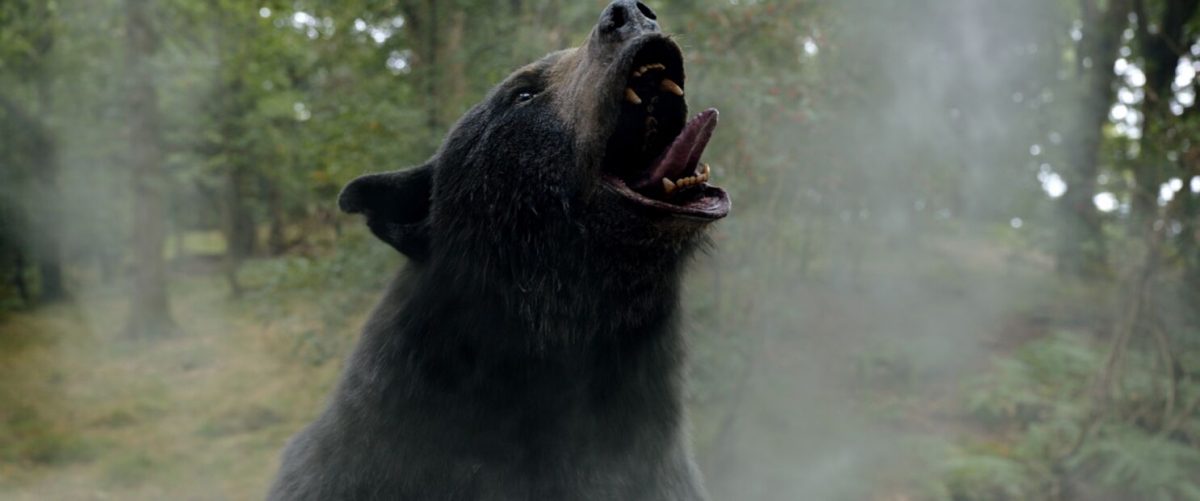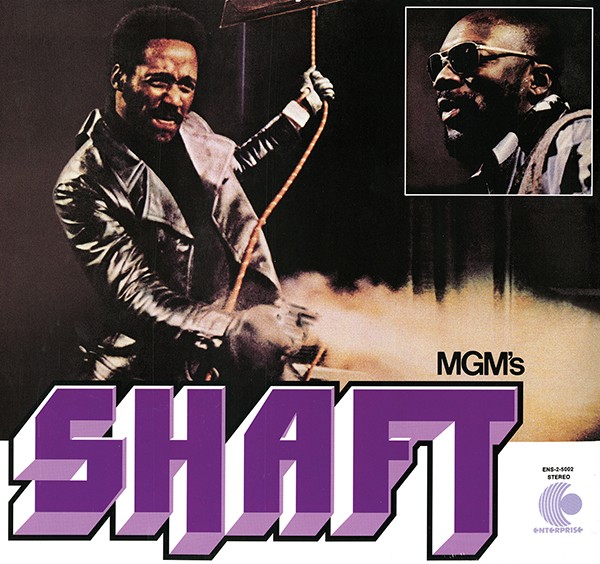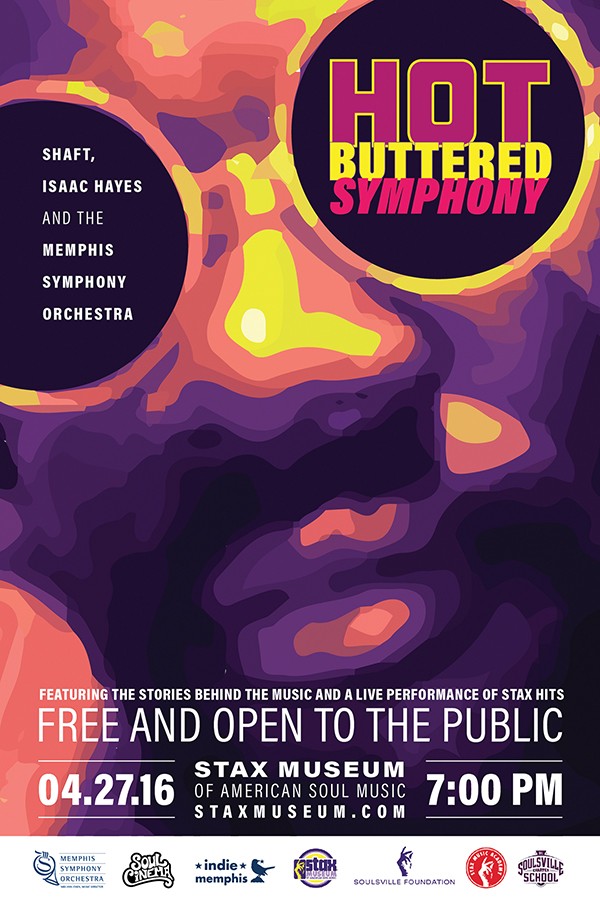In September 1968, five months after the assassination of Martin Luther King Jr., and exactly one year before Hot Buttered Soul arrived in record stores, Isaac Hayes, the session player, songwriter, and emerging Stax solo artist addressed a meeting of Memphis’ Black United Front at Clayborn Temple.
Speaking on behalf of the Black Knights, he “cursed” a white power structure keeping “blacks in slavery.” Hayes co-chaired the Black Knights with North Memphis barber Warren Lewis, the maverick stylist who earned his own measure of fame using fire instead of scissors to cut hair. Together, they launched a neighborhood food bank, but the Hayes/Warren alliance also existed to organize the black community against grievances that sound overly familiar in 2018: police brutality, workplace discrimination, and unfair housing.
“Whites did nothing for blacks till a few brave blacks used molotov cocktails and broke a few windows,” Hayes was quoted as saying.
So where is all the extreme militance on Hot Buttered Soul, an epically smooth trip from the steady boom-boom-chick of the drums at the top of Hayes’ 12-minute acid-friendly run through Burt Bacharach’s “Walk on By,” to the gorgeous organ swell concluding his 19-minute adventure through the Jimmy Webb/Glen Campbell hit, “By the Time I Get to Phoenix”? Rattling machine gun snares and unhinged keyboard freakouts add spice to the mature psychedelic cocktail and blend right in. Hayes instinctively knew how to separate pop tropes from commercial standards. That’s his revolution in the studio, along with a throwback sensibility prioritizing musicianship and arrangement (“headwise” or otherwise) over lyrics.
A month after “Theme From Shaft” was released in September 1971, and a month before it hit the top of the charts and Black Moses dropped, Memphis police beat a black kid named Elton Hayes to death. Unrest followed and Mayor Henry Loeb responded to a tense situation by enacting a 5 p.m.-7 a.m. curfew. The Black Knights, as documented in Rob Bowman’s book Soulsville, U.S.A.: The Story of Stax Records, pushed back and Hayes personally took to the streets hoping to quell any potential violence.
“They [the police] were trying to provoke blacks into doing something so they could shoot them like dogs,” he was quoted as saying.
Shaft: Music from the Soundtrack has a reputation for urgency and grit — a tonal shift more related to the music’s narrative than Hayes’ personal activism. Skip Pitts’ famous crybaby wah-wah guitar line was built to highlight the relentless chasing that goes hand-in-hand with being a private dick who “won’t cop out when there’s danger all about.”
“Everybody thought I was being hip, but I was just following the action of the character,” Hayes once told an interviewer. But he could have been writing his own soundtrack. “Shaft’s Cab Ride” shares sounds with hits from Stax’s early catalogue, and by the time listeners get to “Cafe Regio’s” on side two, Hayes is already back at the lounge, working a groove in the vein of Getz/Gilberto. “Soulsville” is the gem of side three, a lyric-driven number about a place where the rent’s always “two months past due in a building that’s falling apart.”
Shaft earned Hayes an historic Oscar, and placed him at the edge of an emerging tradition that blossomed with soundtracks by Curtis Mayfield (Super Fly), Marvin Gaye (Trouble Man) and Bobby Womack (Across 110th Street). But the revolutionary Shaft sound was instantly absorbed into pop culture and two years later the wah-wah guitars sounded more kitschy than revolutionary when underscoring James Bond’s sexploits in Diamonds Are Forever or punching up the laughs on TV game shows like Match Game.
“The R&B feeling is still there,” Hayes told Rolling Stone in 1972, defending against critics calling him an acid casualty or describing him as the “black [Rod] McKuen.” “I’m not trying to purposely be different,” he said, sharing stories from the Memphis streets and confessing a lifelong affinity for hillbilly music, hit parade, bebop, jazz, and classical. “These are things I heard all my life,” he said.
Black Moses is four sides of Hayes’ signature raps folded into a collection of cover songs made famous by artists like the Carpenters, Curtis Mayfield, and Texas crooner Ray Price. Hayes has described it as one of his most personal records and the packaging — some of the best ever assembled — is as revealing as the music. Two discs are wrapped in a jacket that unfolds into an enormous cross-shaped poster with Hayes on both sides. On the front he’s robed and hooded like a prophet with his arms outstretched. He’s shirtless on the other side, wearing a collar, belt, and bracelets of heavy gold chain. Neither side looks quite “militant.” Both are radical as hell — just like these three reissues, back on vinyl and sounding great.


